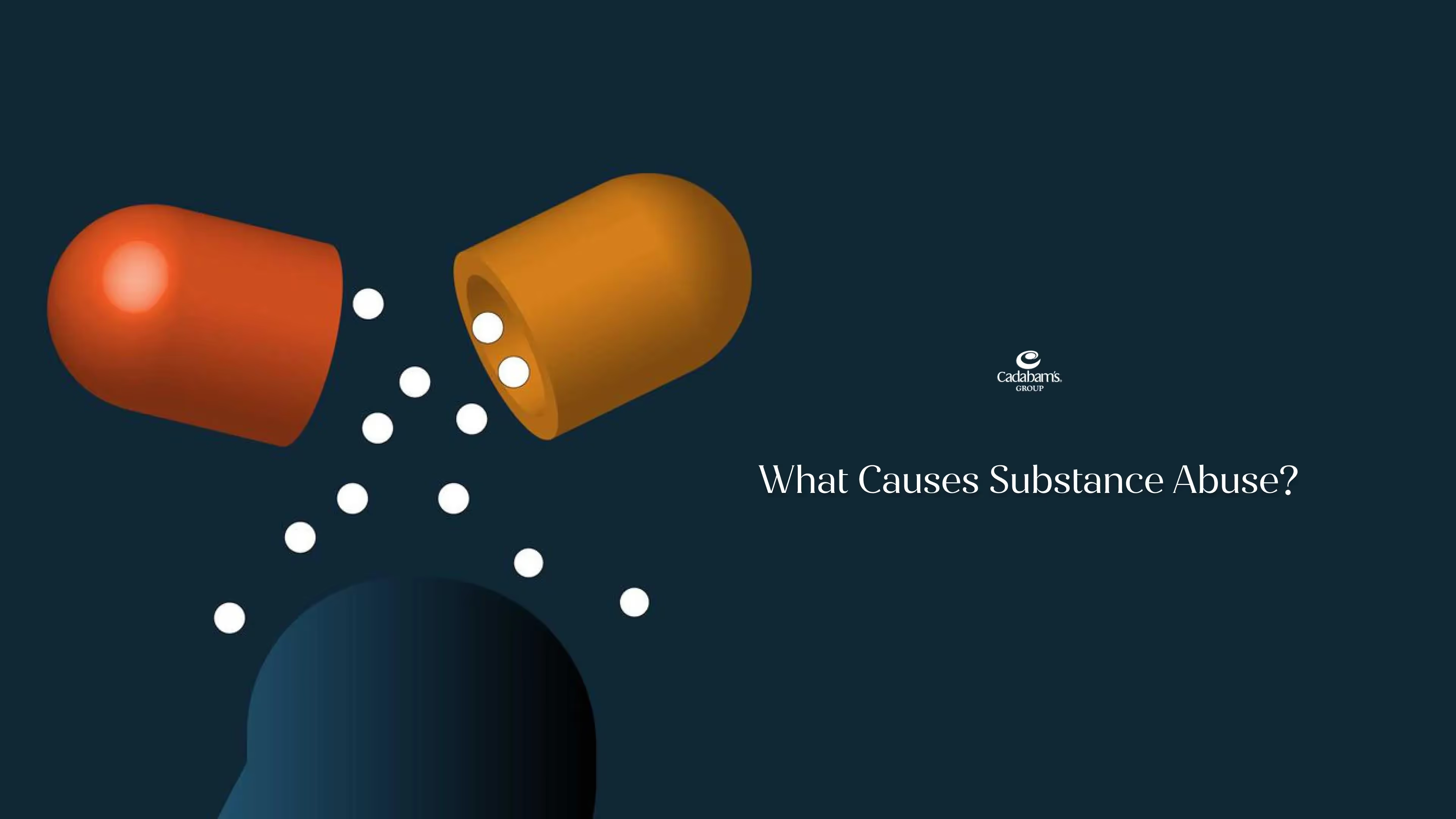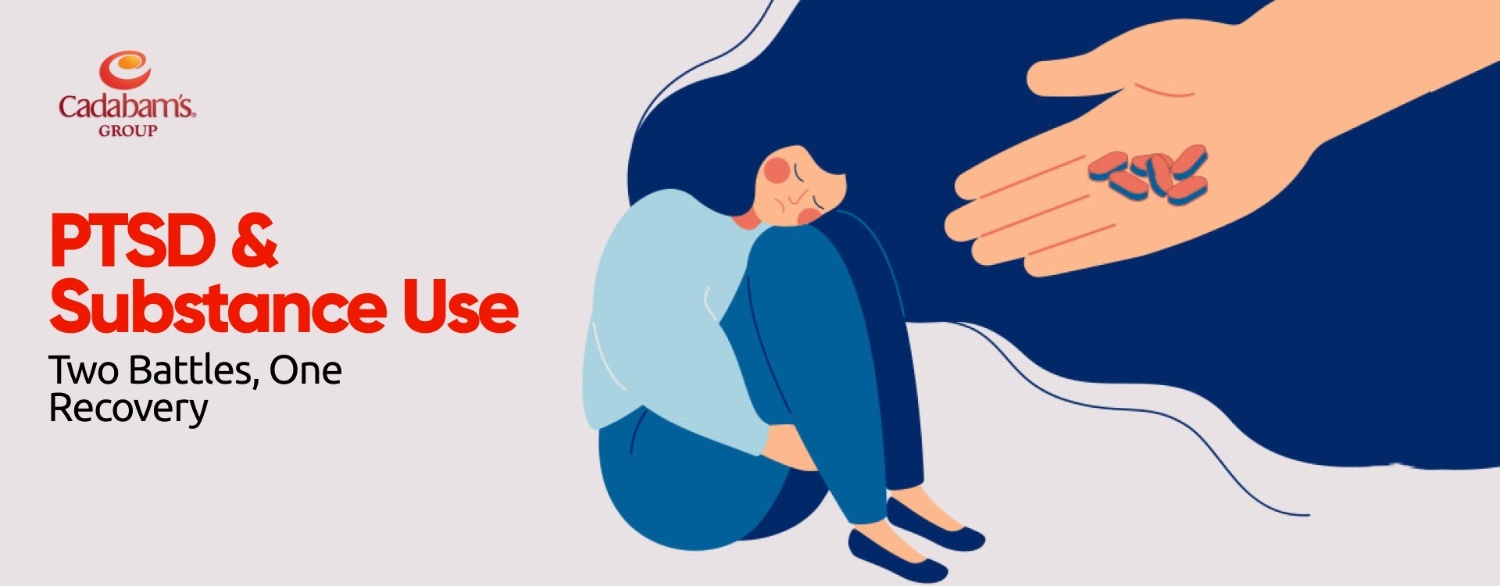Substance abuse involves the damaging or risky use of psychoactive substances. This includes the consumption of alcohol as well as illicit drugs. It involves the recurring use of substances in ways that are detrimental to an individual's health, well-being, relationships, and overall functioning.
Key Aspects of Substance Abuse
Substance abuse can harm your health and life in many ways. Recognising these issues early on is important for getting the right support and treatment.
Harmful Use: This refers to the consumption of substances in a way that results in physical or mental harm to the user. This harm can manifest as health problems, impaired judgment, accidents, or injuries.
Dependence: Substance abuse often involves dependence on the substance, where the individual develops a physical or psychological reliance on the substance. This can result in withdrawal symptoms when the substance is no longer used.
Social and Occupational Impairment: Substance abuse can lead to difficulties in various areas of life, including work, school, and relationships. It can impact an individual's ability to function effectively and fulfill responsibilities.
Risky Behavior: Substance abuse is commonly linked to hazardous behaviors. For example, individuals might drive under the influence, partake in unsafe sexual activities, or engage in criminal endeavors.
What Causes Substance Abuse?
Substance abuse is a genuine issue that cannot be ignored. It causes hurt and misery not only for the person involved but also for everyone around them and society in general. Substance abuse is an unreasonable utilization of a substance, particularly liquor (alcohol) or a drug. Excessive use of substances will affect physical health. Abuse of the substance affects the capacity of the person to meet their family, social, or work duties.
Reasons for Substance Abuse
Prolonged use of substances causes substance abuse troubles and legal issues.
The most common explanations behind why individuals will abuse these substances include:
- Peer pressure
- Boredom
- As an approach to managing stress
- Growing up in a home where liquor and medication abuse is considered normal behaviour.
- Self-prescription to manage emotional instability (mental illness)
- Relationship issues
- Financial stress
- Loss of a friend or family member, etc.
Inherent Cause for Substance Abuse
The reason for drug abuse is not completely known but rather likely to incorporate hereditary inclination and environmental circumstances. Substance abuse is commonly noticed among pre-teenagers, adolescents, and young adults.
Genetic Causes of Substance Abuse
While many individuals utilize drugs, only in a small proportion, it has been noted drug abuse often runs in families, proposing hereditary qualities as one of the reasons for substance abuse. While having parents who manhandle drugs puts a child at risk, it is feasible for the child to grow up without drug abuse issues. Although genetic reasons are present, it is not the only reason for substance abuse.
Mental health conditions associated with Substance Abuse
Substance abuse doesn't only impact physical health; it also has profound effects on mental well-being. Here are some specific mental health conditions that are commonly observed in those who chronically use substances like inhalants:
Neurological Damage: Chronic use of inhalants can lead to significant neurological damage, which can manifest as cognitive impairments, memory loss, and mood disorders. These impacts can worsen current mental health issues or cause new ones to develop.
Depression and Anxiety: The toxic effects of inhalants on the brain can lead to or worsen symptoms of depression and anxiety. Additionally, the cycle of substance abuse may deepen feelings of guilt, shame, and hopelessness, reinforcing these mental health issues.
Environmental Causes of Substance Abuse
This suggests that substance abuse is a learned behavior. It depends on the possibility that people gain from watching other individuals. On the off chance that these individuals perceive that utilizing these substances appears to bring other individuals satisfaction, this will urge them to do the same. Parental abuse and their lack of care towards children may also cause drug abuse. Mostly, teenagers will try to gain attention from their parents (inattentive parents) or to avoid an abusive parent by using drugs.
Risk factors of Substance Use Disorder
Identifying the risk factors for Substance Use Disorder (SUD) is crucial for prevention and early intervention efforts.
Genetic Factors
Family History: Genetics plays a significant role in the risk of developing SUD. Individuals with a family history of substance abuse are at a higher risk.
Genetic Predisposition: Specific genetic traits may make some individuals more susceptible to addiction than others.
Environmental Factors
Peer Pressure: Among teens and young adults, peer pressure plays a critical role in the initial decision to experiment with substances.
Family Environment: A family environment that is supportive can be protective, whereas one that is stressful or where substance use is normalized can be a risk factor.
Diagnostic Criteria for Substance Use Disorders
Understanding the criteria for diagnosing Substance Use Disorders (SUDs) is crucial for identifying addiction and providing the right treatment. Knowing these guidelines helps spot the signs of addiction, enabling effective and personalized care.
1. Behavioral Aspects of Substance Use Disorders
Substance Use Disorders (SUDs) significantly impact an individual's behavior, affecting their daily life, relationships, and ability to function. Here are key behavioral aspects associated with SUDs:
- Compulsive Use: Despite negative consequences, individuals feel a compelling urge to continue using the substance.
- Loss of Control: There is a continuous urge or repeated unsuccessful attempts to reduce or manage substance use.
- Preoccupation with Substance: A lot of time goes into securing, using, and recovering from the impact of the substance.
2. Health Impacts of Substance Abuse
Substance abuse triggers a range of health problems, from immediate to chronic, affecting virtually every organ in the body. Here are some of the major health impacts:
- Neurological Effects: Substances can alter brain function, affecting mood, behavior, cognition, and memory. Long-term use can result in permanent brain damage.
- Cardiovascular Problems: Increased risk of heart attacks, abnormal heart rates, and hypertension. Using drugs intravenously can cause veins to collapse and lead to bacterial infections in the blood vessels and heart valves.
- Respiratory Issues: Smoking substances can cause chronic bronchitis, emphysema, and lung cancer. Even substances not smoked can impact lung health.
When to See a Doctor for Substance Use Disorder?
Recognising when to seek professional help for Substance Use Disorder (SUD) is crucial for the well-being of the individual affected. SUD is a complex condition that can deteriorate physical health, mental health, relationships, and daily functioning.
Why Cadabam's?
Initially, an individual starts drugs genetically along with environmental influence, but it may tend to go about being an addiction. So, as family members and friends, we must be aware of it. Then, depending on the drug they used, some of the symptoms may seem like pulsation, sweating, feeling hot or cold, restlessness, seizures, or cardiac problems.
Hence, you need to inform medical professionals regarding this withdrawal difficulty from substance abuse. They can help you revert back to normal life and avoid dependence in the future. Psychoeducation is effective at off-putting the individual commencing from substance abuse to drug dependence. Whatever may be the cause of your substance abuse, rehabilitation facilities at Cadabam’s will provide you with the best care.
If you are searching for a solution to your problem, Cadabam’s Anunitha can help you with its team of specialized experts. We have been helping thousands of people live healthier and happier lives for 30+ years. We leverage evidence-based approaches and holistic treatment methods to help individuals effectively manage their Substance Abuse. Get in touch with us today. You can call us at +91 96111 94949.
FAQS
1. What are the Causes of Substance Abuse?
The causes of substance abuse are multifaceted and complex, involving a combination of genetic, psychological, environmental, and social factors.
2. What are the psychological causes of substance abuse?
Psychological causes of substance abuse are deeply intertwined with the mental and emotional states of an individual. These factors can significantly influence the likelihood of someone turning to substances as a coping mechanism or due to other underlying psychological issues.
3. What substances are associated with substance use disorder?
In Substance Use Disorder (SUD), a wide range of substances can be involved, each posing its own health challenges. Here are some of the most common substances associated with SUD: Alcohol, Tobacco (Nicotine), Cannabis (Marijuana), and Hallucinogens.
.webp)







